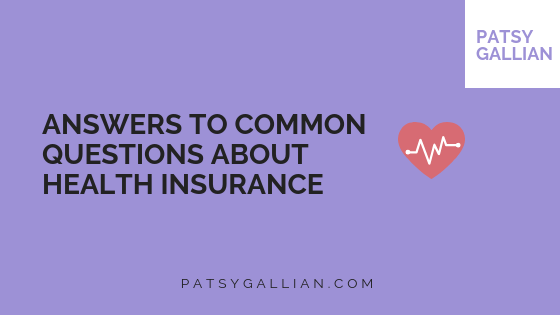The world of medical billing is mysterious and often confusing for those who don’t work in the industry. In a world where everyone needs health insurance, it’s important that people have a better understanding of their coverage plan. Below are some answers to common health insurance questions.
What is a deductible?
A deductible is the amount of money a person must pay out of pocket before the insurance company will begin paying for medical expenses. This number can vary depending on the insurance policy you decide on, however it is important to take this number into consideration when choosing a policy. For a more thorough explanation of a deductible, visit thebalance.com.
How will I know if my family will be covered under my plan?
While not every health care plan will cover your entire family, most plans will extend coverage to the members of the family. In the Affordable Care Act, it was mandated that these plans give coverage to dependents until the age of 26.
How can I tell who takes my insurance?
Before scheduling an appointment, make sure to contact your employer or insurance company directly to get a list of providers that take your specific insurance. Heathcare.gov is a great resource for health care related questions, and have created a list of tips and suggestions about how to find who will cover you.
Is there a difference between going to a doctors appointment and visiting the emergency room?
The short answer is yes, there is a difference, particularly in cost. While insurance companies are required to cover you for emergencies, what they deem as an emergency can vary. WebMD suggests that you assess whether you truly need an ER, or if you could visit an urgent care center instead. Often, urgent care centers are cheaper and can treat things like a common illness. Whenever you visit an urgent care or ER, even though the hospital may be covered by your insurance, specific doctors may not – make sure to check if your doctor is covered under your insurance policy.
How do I know if my prescriptions will be covered?
Much like checking if a certain provider is covered under your network, it is important to check your policy to see if they cover your prescriptions. If your prescriptions aren’t covered, there are appeal processes you can go through, however it is always important to do your research before hand, and make sure that your pharmacy is also in network.
